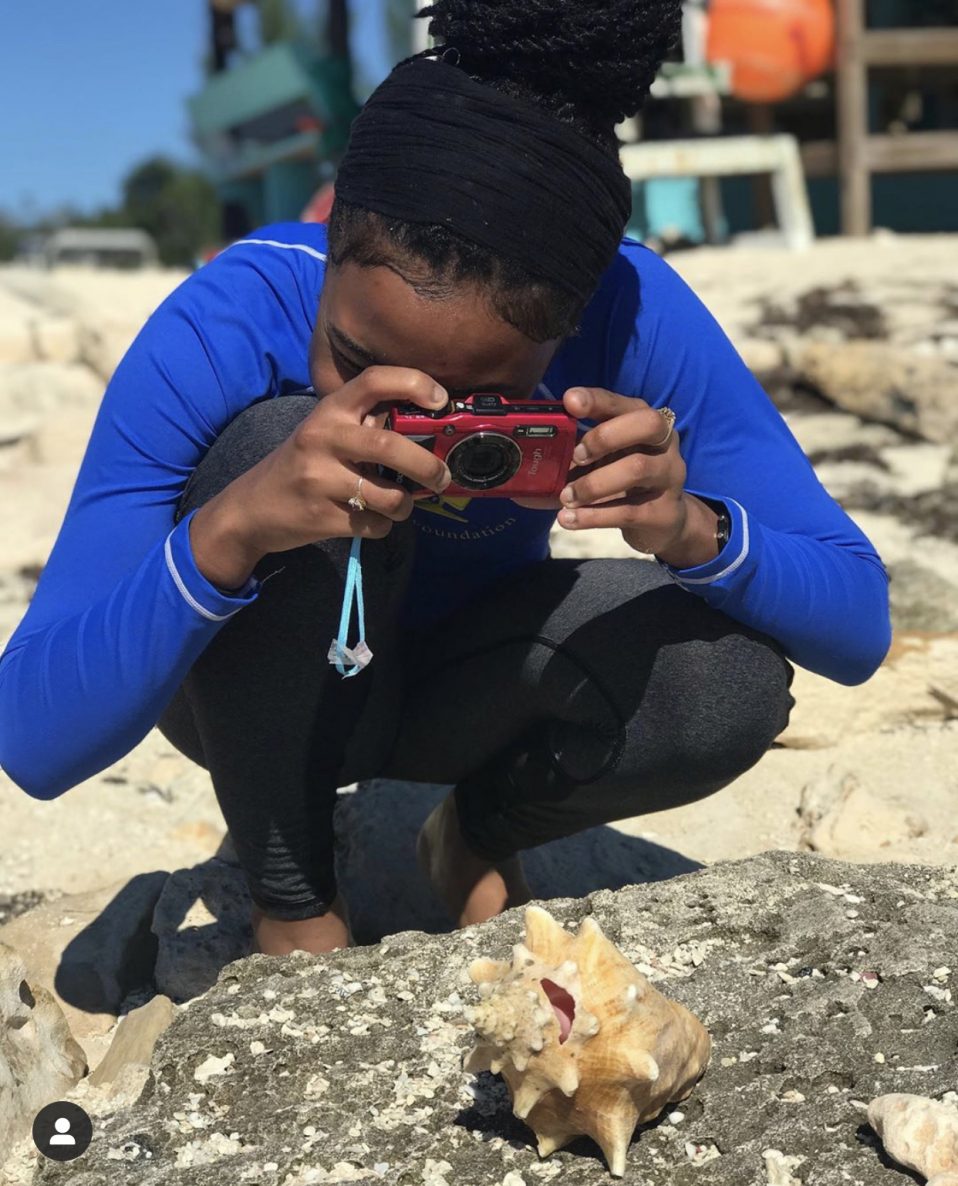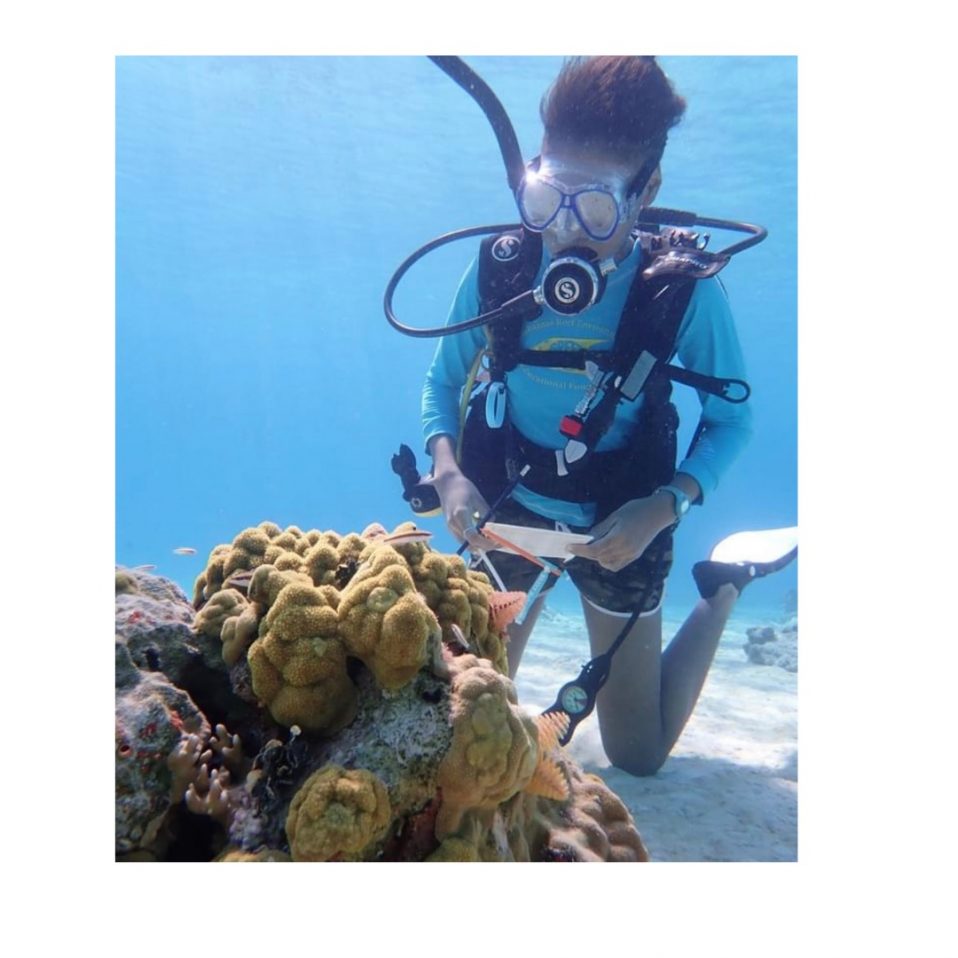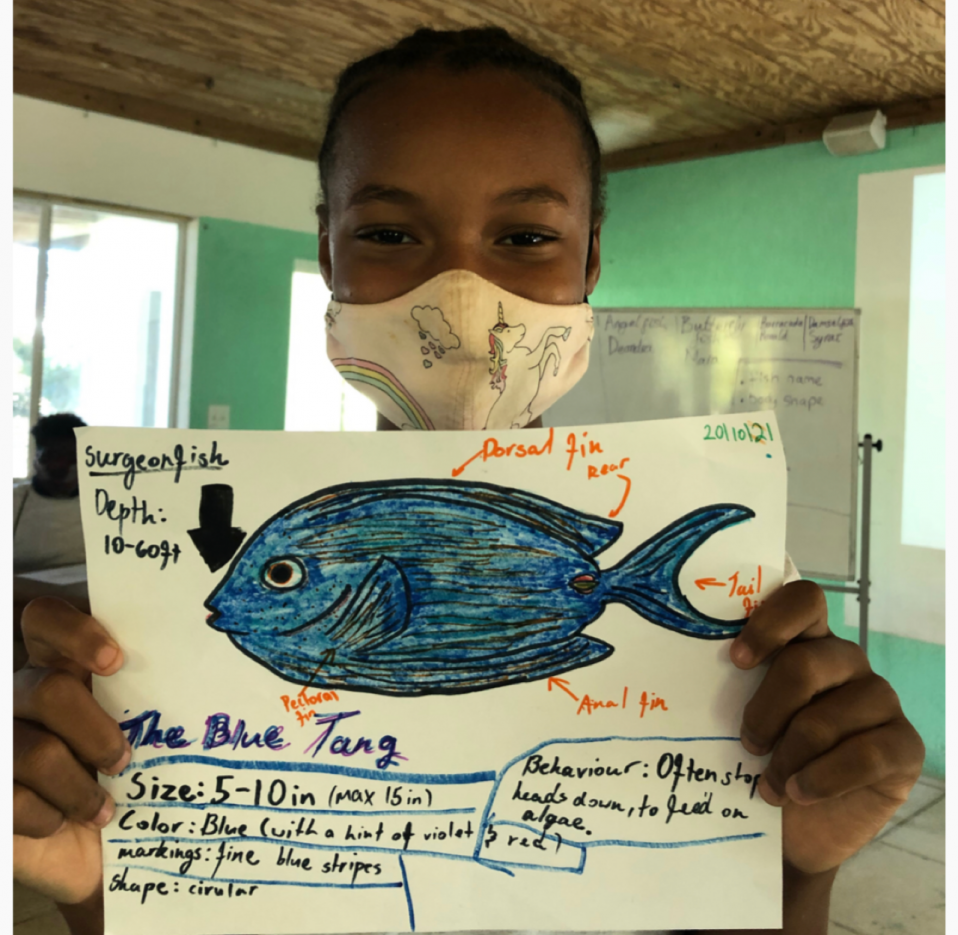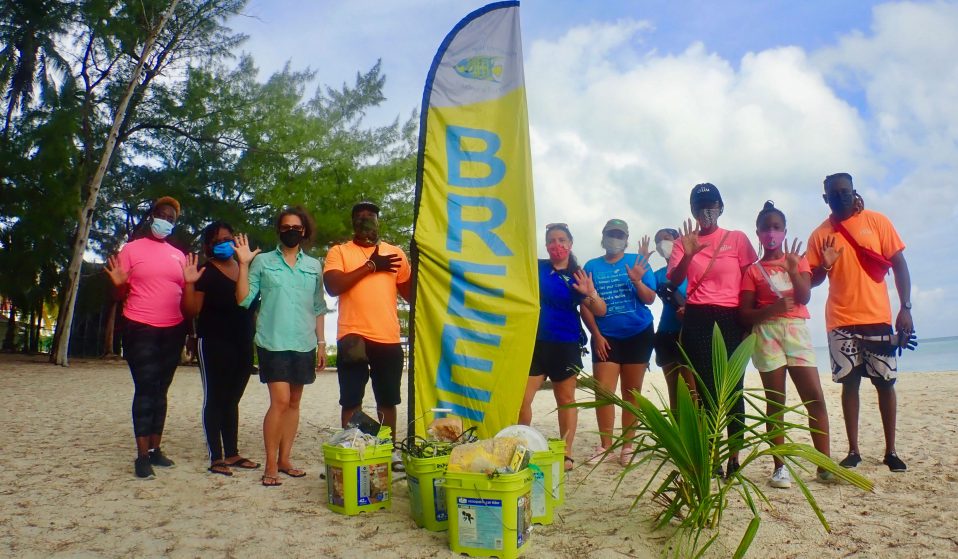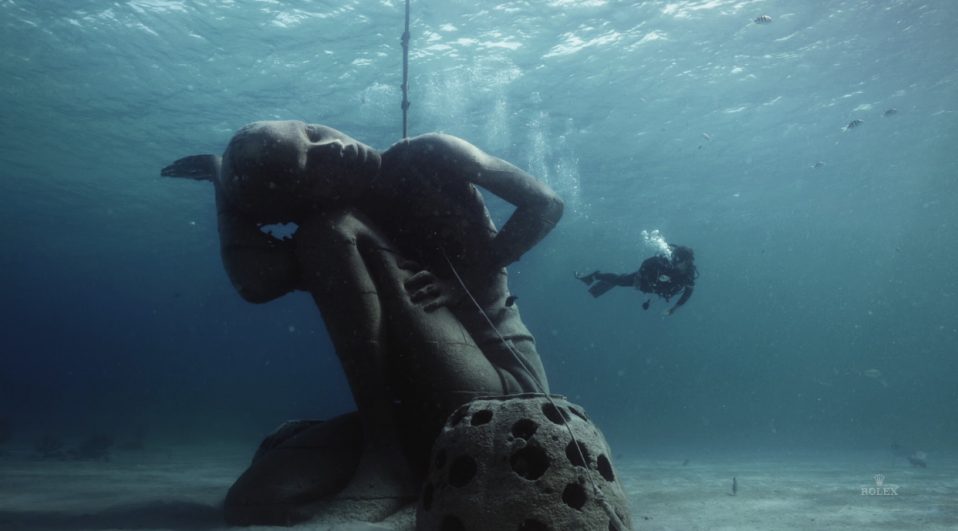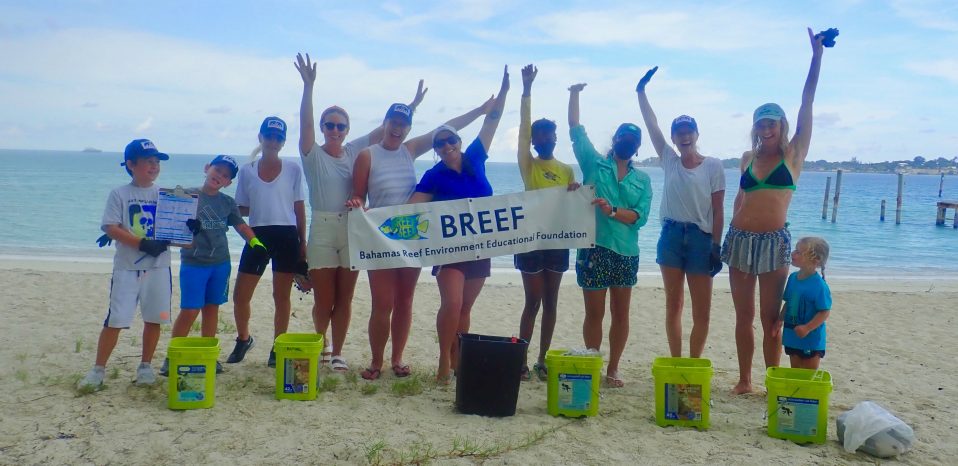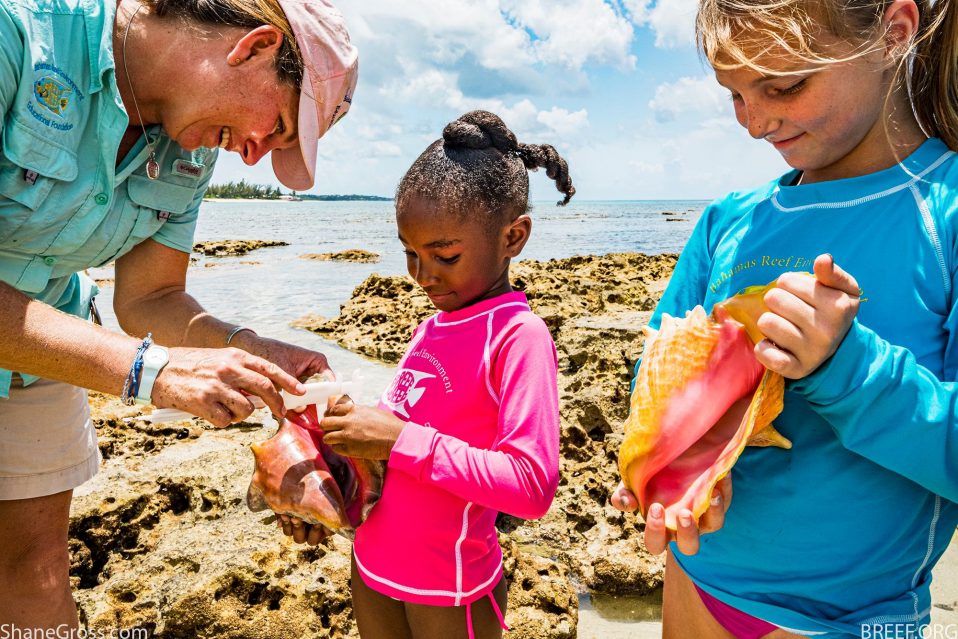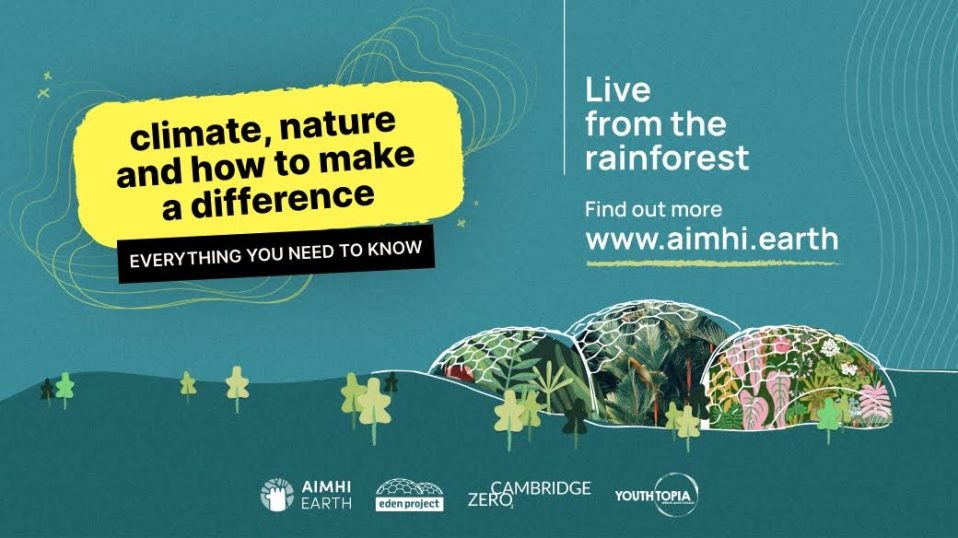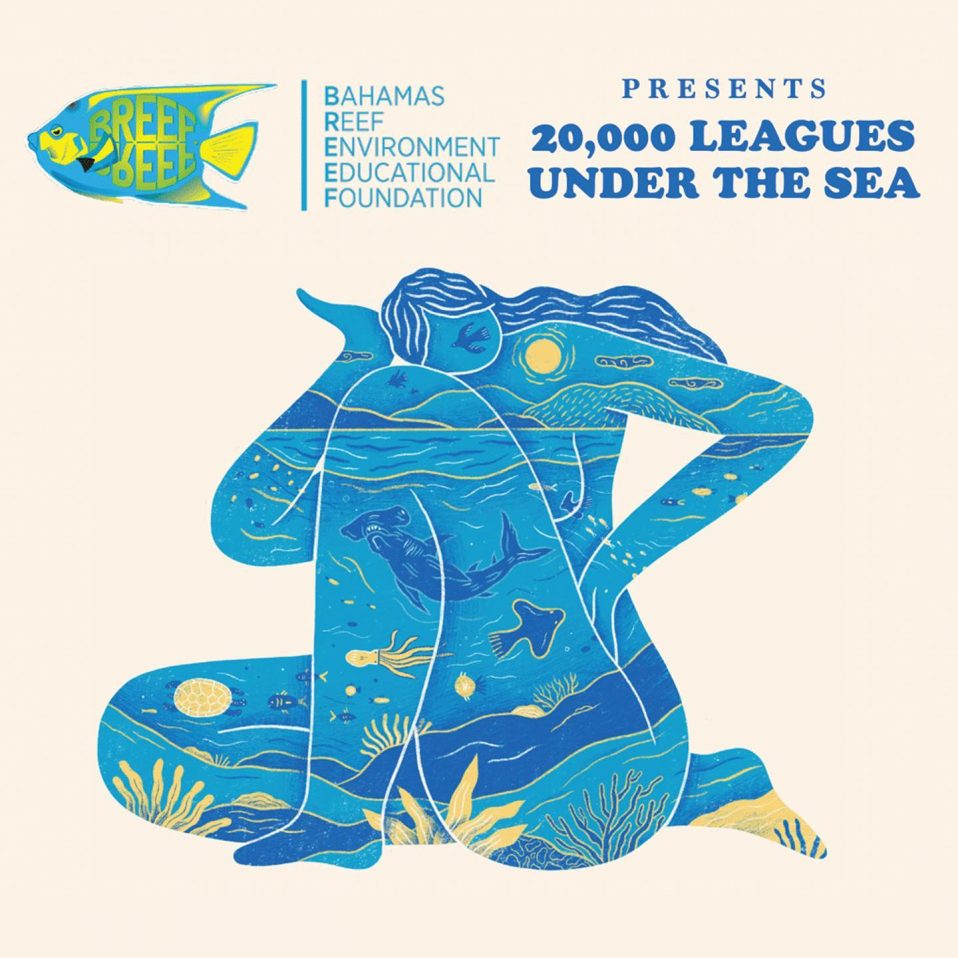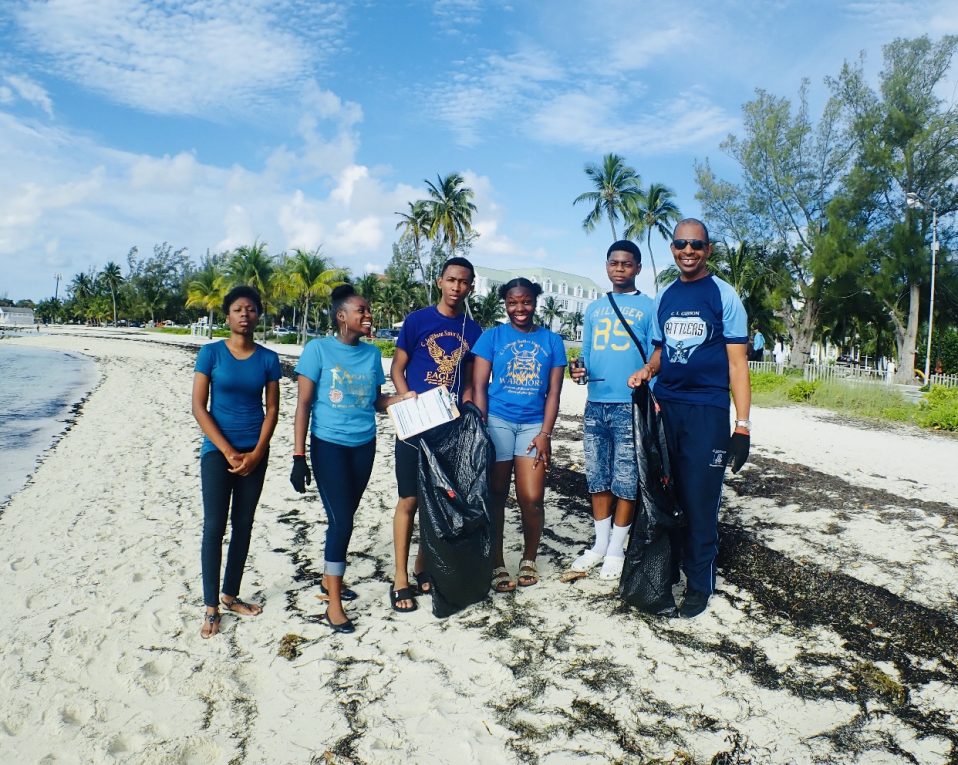Editor, The Tribune.
I am Promise Russell, and I am a Bahamas Environmental Steward Scholar. This programme aims to train youth like me into becoming the next generation of environmental stewards.
My love for the ocean existed from a young age. At the beginning of 10th grade I went on my very first snorkel in the ocean. The beautiful variety of marine life around me and the weightless feeling of the water enveloping my being made me fall in love with the oceanic world. Around this time I became a lot more aware of environmental issues surrounding us.
There’s a special beach in West Grand Bahama where I lived, my family would go there often. You can see many boats like cruise ships, mail boats and sadly oil tankers come in from here. Over time I saw ship traffic increase and people visiting the beach and tourism decrease.
I wonder why oil spills are tolerated, especially in our country where we rely on our reefs for protection and income. I realize it’s because most Bahamians do not know the effects of an oil spill to our marine environment and just how crucial our ocean is to our survival.
Oil is a deadly substance, I’m sure no one would want to ingest it accidentally while swimming.
So why would marine life? Bahamian waters are home to many species that beach for air, such as whales, turtles, and dolphins. Also, sea birds which sometimes dive into or lay on top of the water.
These animals do not know the dangers of ingesting oil until it is too late. It affects their immune system, their lungs, and their reproductive ability.
Tiny fishes can also accidentally ingest oil while trying to eat phytoplankton (microscopic algae/plants) and zooplankton (microscopic animals) which are on the surface of the water. If these marine animals do survive ingesting oil they are then eaten by a predator or bigger fish, which in turn are eaten by their predator. Soon, these infected species are eaten by us, the top of the food chain.
The Bahamas isn’t the only place oil spills can and have occurred. Because all of our oceans are connected we are all affected by any oil spill.
Also, we are experiencing more frequent and intense hurricanes, sea level rise, coral bleaching, blazing temperatures, and toxic food.
All these things are results of Climate Change and use of fossil fuels.
This is not an ideal situation if the health of the Bahamian people and the tourists in our waters are a priority.
One huge oil spill that happened in Grand Bahama during Hurricane Dorian was the oil spill from South Riding Point, which has still not been cleaned up completely.
At the time of this spill, I and many other Bahamians were not aware of just how devastating this was.
This week there is a gathering of world leaders called COP 26, which is short for Conference of Parties. Here leaders from across the globe will discuss issues stopping their countries from curbing emissions of CO2 and other harmful gases. This is one of the most important gatherings to Combat Climate change because those in charge of doing something about it can finally put their heads together and get it done. Our job is to make sure our leaders know and understand the importance of protecting our ocean and marine life.
How can we ask other countries for financial support to combat climate change when we are not using our provided renewable energy?
The future of our country is in our own hands and I hope that we will choose a sustainable future and not a disastrous one that we will not be able to come back from.
I implore my Bahamian people, especially my fellow youth, to protect the ocean that takes care of us. For when it is gone, it is gone for good.
No amount of money can bring back a dead ocean.
This is our responsibility as citizens of this nation and children of this earth.
PROMISE RUSSELL
Nassau,
November 11, 2021.


